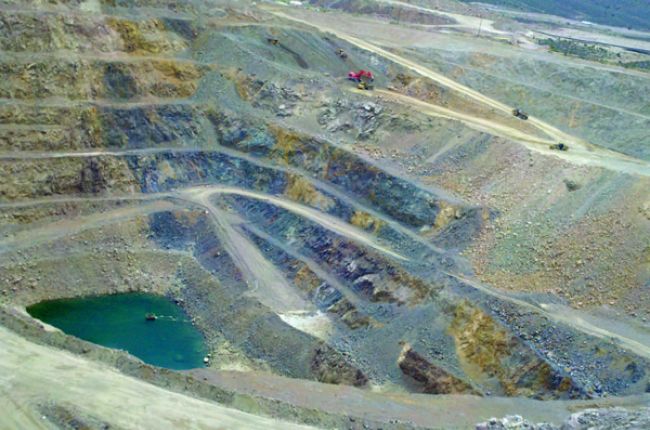Mining plays a crucial role in global economic development, providing essential raw materials for various industries. However, the environmental, social, and economic impacts of mining have raised concerns about its compatibility with sustainable development. This article explores the multifaceted relationship between mining and sustainable development, examining the challenges, opportunities, and potential solutions associated with this industry.
- Environmental Impacts:
Mining activities can have significant environmental consequences, including deforestation, habitat destruction, soil erosion, and water pollution. These impacts can disrupt ecosystems, endanger biodiversity, and contribute to climate change. To mitigate these effects, mining companies are increasingly adopting sustainable practices such as reclamation and rehabilitation of mined areas, using renewable energy sources, and implementing water management strategies. - Social Impacts:
Mining projects often have profound social implications for local communities. While mining can bring economic benefits through job creation and infrastructure development, it can also lead to social inequalities, displacement of indigenous populations, and conflicts over land rights. To address these challenges, companies are encouraged to engage in meaningful consultation with affected communities, respect human rights, and contribute to local development initiatives. - Economic Impacts:
Mining has the potential to drive economic growth and contribute to poverty reduction. However, its benefits are not always evenly distributed, and resource-dependent economies can suffer from price volatility and limited diversification. To enhance the positive economic impacts of mining, governments should establish transparent and accountable governance frameworks, promote local content policies, and invest in education and skills development for a sustainable workforce. - Technological Innovations:
Advancements in technology have the potential to transform the mining industry and make it more sustainable. For instance, the use of automation and robotics can improve safety conditions for workers, reduce energy consumption, and minimize environmental impacts. Additionally, the adoption of digital solutions, such as data analytics and remote monitoring, can optimize resource efficiency and enhance environmental management practices. - Responsible Mining Practices:
Promoting responsible mining practices is crucial for achieving sustainable development. This includes adhering to international standards and certifications, such as the Extractive Industries Transparency Initiative (EITI) and the Global Reporting Initiative (GRI). Furthermore, collaboration between governments, industry stakeholders, and civil society organizations is essential to ensure accountability, transparency, and the protection of human rights and the environment.
Conclusion:
Mining's impact on sustainable development is complex and multifaceted. While it presents challenges, such as environmental degradation and social inequalities, it also offers opportunities for economic growth and technological innovation. By adopting responsible mining practices, embracing technological advancements, and fostering collaboration, the mining industry can contribute to sustainable development while minimizing its negative impacts. Balancing the needs of the present and future generations is key to achieving a more sustainable and inclusive mining sector.

More Stories
Plastic to Pyrolysis Oil Solution: A Sustainable Pathway for Plastic Waste Conversion
Yukun Qiangwei Motor Unveils 2023 Diesel Generator Price List with Specs for Home Use
Solar Panel and Cell FAQ: Your Guide to Tailored Solutions from a Professional Maker